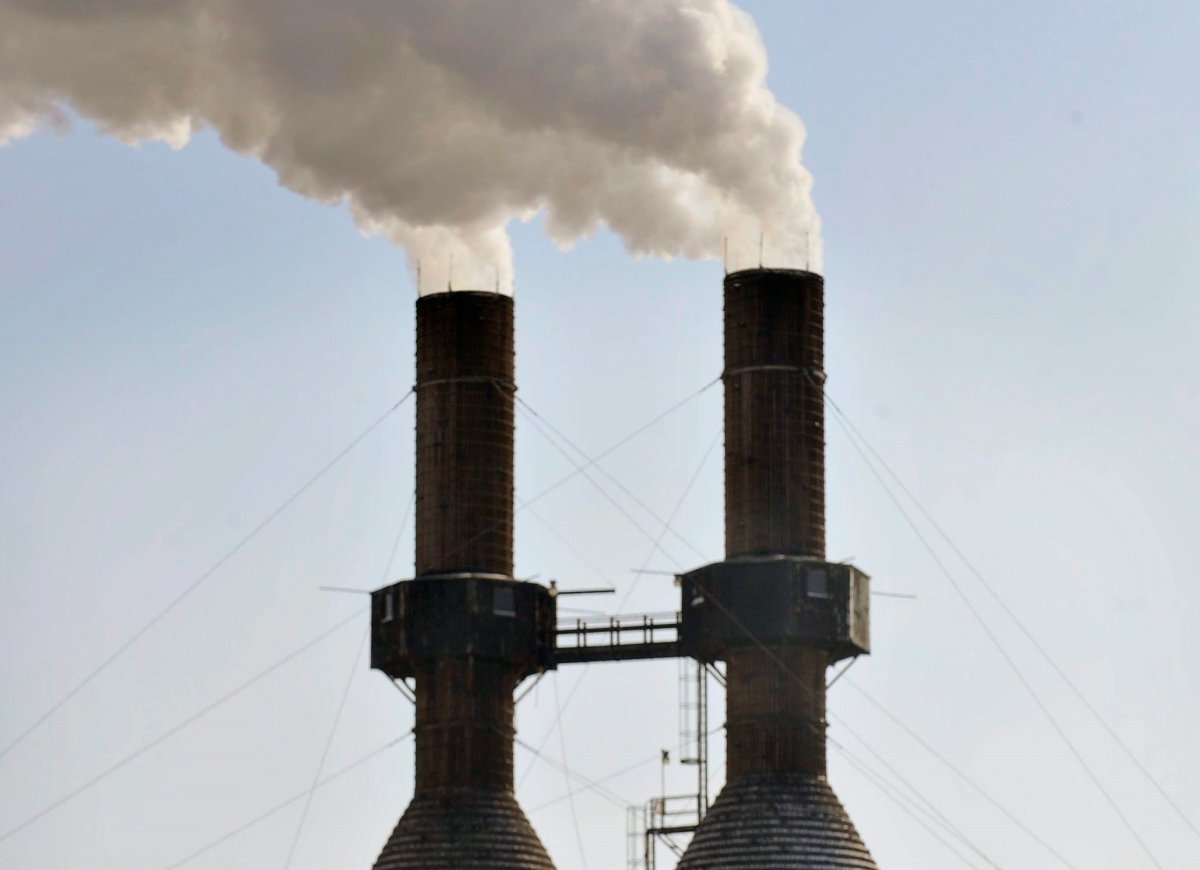Hundreds in central B.C. breathed a sign of relief once news broke about Canada being exempt from proposed steel and aluminum tariffs by the United States.

Approximately 1,000 people in the District of Kitimat are employed by aluminum producer Rio Tinto Alcan.
“Well, there’s no doubt that there was great concern,” said Kitimat Mayor Phil Germuth.
“When you look at the aluminum industry here in Kitimat, it’s really — if you look at the whole province, it’s really one of the only industries that has employed well over 1,000 people pretty much for 60 years non-stop.”
Germuth said aluminum is a vital asset not just to Kitimat, but also the province.
“However, we also realize it’s possibly temporary,” he added.
He said he’ll keep a close eye on the White House to see if a tariff will come into play if NAFTA talks break down.
The United Steelworkers Union of Canada (USW) say the country isn’t out of the dark yet.
U.S. President Donald Trump signed proclamations on Thursday slapping on tariffs on steel and aluminum, which come into effect for the rest of the world in a couple of weeks.
Neumann says while the union is concerned about the future of jobs being effected because of uncertainty, he’s concerned that the countries being slapped with the tariffs will dump their steel and aluminum at Canadian ports to take them across the border.
“Let’s say aluminum for a second. Instead of sending over the raw aluminum, they can turn it into an auto wheel. They could turn it into an aluminum wheels, that basically could then get shipped – and what it is is being dumped from another country. That basically hits the auto industry, and the work that our members get to do.”
Neumann said the federal government needs to equip itself to close potential loopholes and avoid job losses or other big impacts.
- With a file from Michelle Morton








Comments